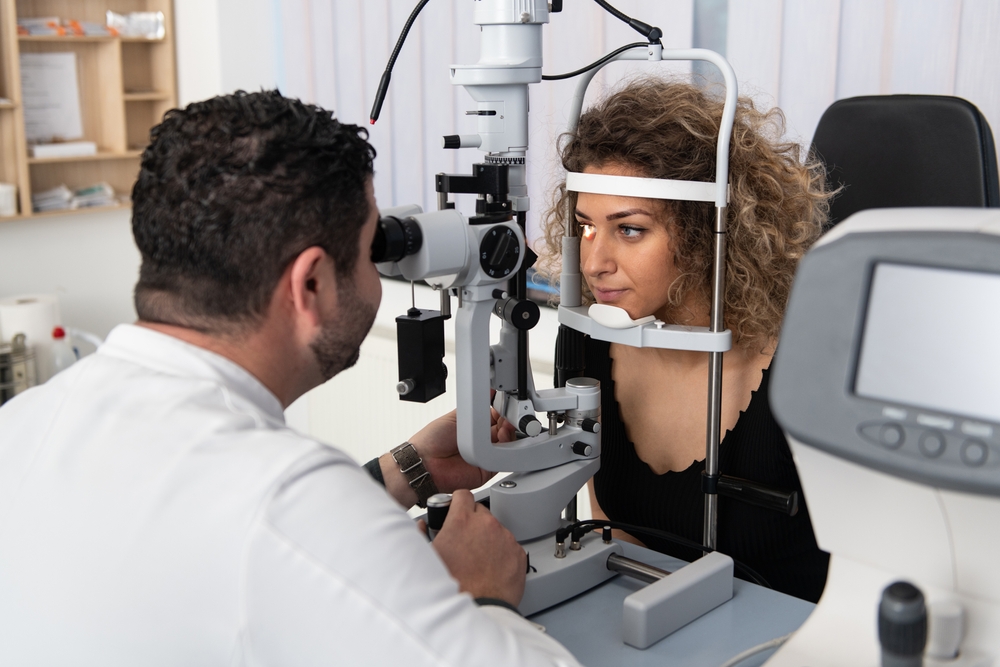
When it comes to your vision and eye health, routine exams play a vital role in detecting issues early and preventing long-term damage. While many people are familiar with comprehensive eye exams for updating glasses or contact lenses, medical eye exams focus on diagnosing, managing, and treating eye diseases and other medical conditions that affect the eyes.
What Is a Medical Eye Exam?
A medical eye exam goes beyond checking your vision. It’s a detailed assessment of your eye health, often performed when there are signs or symptoms of an eye disease or a systemic health condition that can impact your eyes. During a medical eye exam, your optometrist evaluates structures such as the retina, optic nerve, and cornea to detect any abnormalities. Tests may include retinal imaging, visual field testing, optical coherence tomography (OCT), and tonometry to check eye pressure.
Common Eye Diseases Detected During Exams
Eye diseases often develop without noticeable symptoms until significant damage has occurred. Some of the most common conditions detected through medical eye exams include:
• Glaucoma: A group of eye diseases that damage the optic nerve, often caused by high intraocular pressure.
• Diabetic Retinopathy: Damage to the blood vessels in the retina due to diabetes.
• Macular Degeneration: A leading cause of vision loss in older adults, affecting central vision.
• Cataracts: Clouding of the eye’s lens that can blur or dim vision.
• Dry Eye Disease: A chronic condition that leads to discomfort, irritation, and blurry vision.
Regular medical eye exams are essential for managing these diseases effectively and preserving your long-term vision.
How Often Should You Get a Medical Eye Exam?
For most adults, a medical eye exam once a year is recommended to maintain good eye health and ensure any vision changes are detected early. However, some individuals may need more frequent exams, especially if they have:
• Diabetes or hypertension
• A family history of glaucoma or macular degeneration
• A history of eye injury or surgery
• Chronic dry eye symptoms
• Autoimmune or thyroid conditions affecting the eyes
The Importance of Eye Disease Management
Early diagnosis and consistent management are the keys to preventing vision loss. Many eye diseases progress silently, and without proper monitoring, irreversible damage can occur before symptoms appear. Through regular medical eye exams, your optometrist can track changes, adjust treatments, and protect your sight for years to come.
Get Expert Care for Eye Diseases and Conditions
At Opticore Optometry Group, our optometrists are equipped with advanced diagnostic technology to detect and manage eye diseases early. Whether you need a routine check-up or ongoing care for a specific condition, we provide personalized treatment plans and comprehensive follow-up care to safeguard your vision and overall eye health.
If it’s been a while since your last eye exam or you’ve noticed changes in your vision, schedule a medical eye exam with Opticore Optometry Group today. Visit our office in Chino, Redlands, Fontana, Riverside, Rancho Cucamonga, Brea, or Buena Park, California, or call (866) 202-2221 to book an appointment.
Author: Opticore Optometry Group











